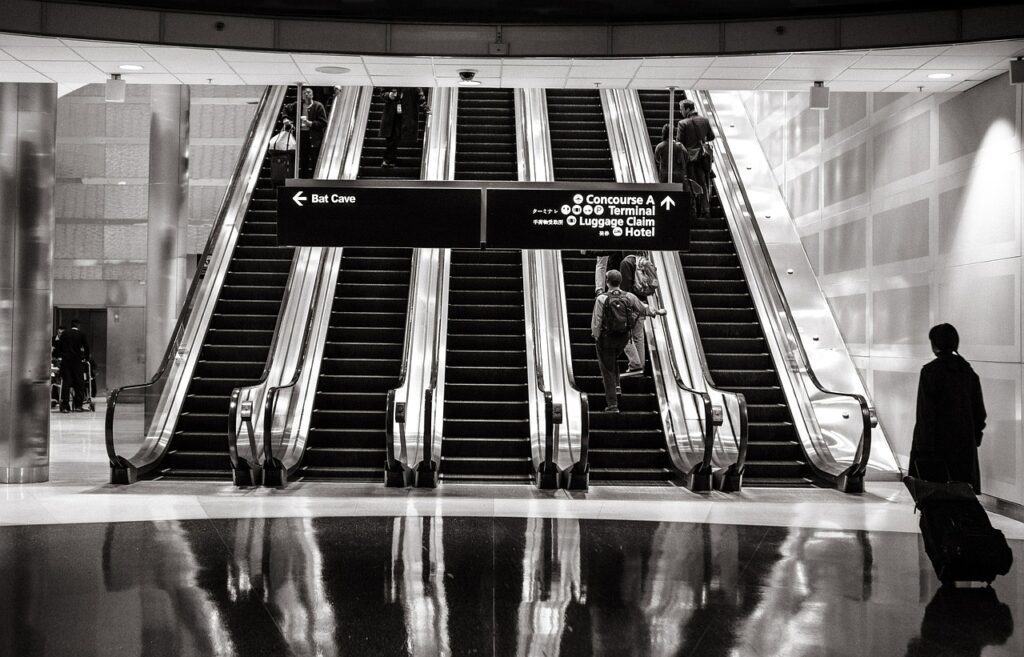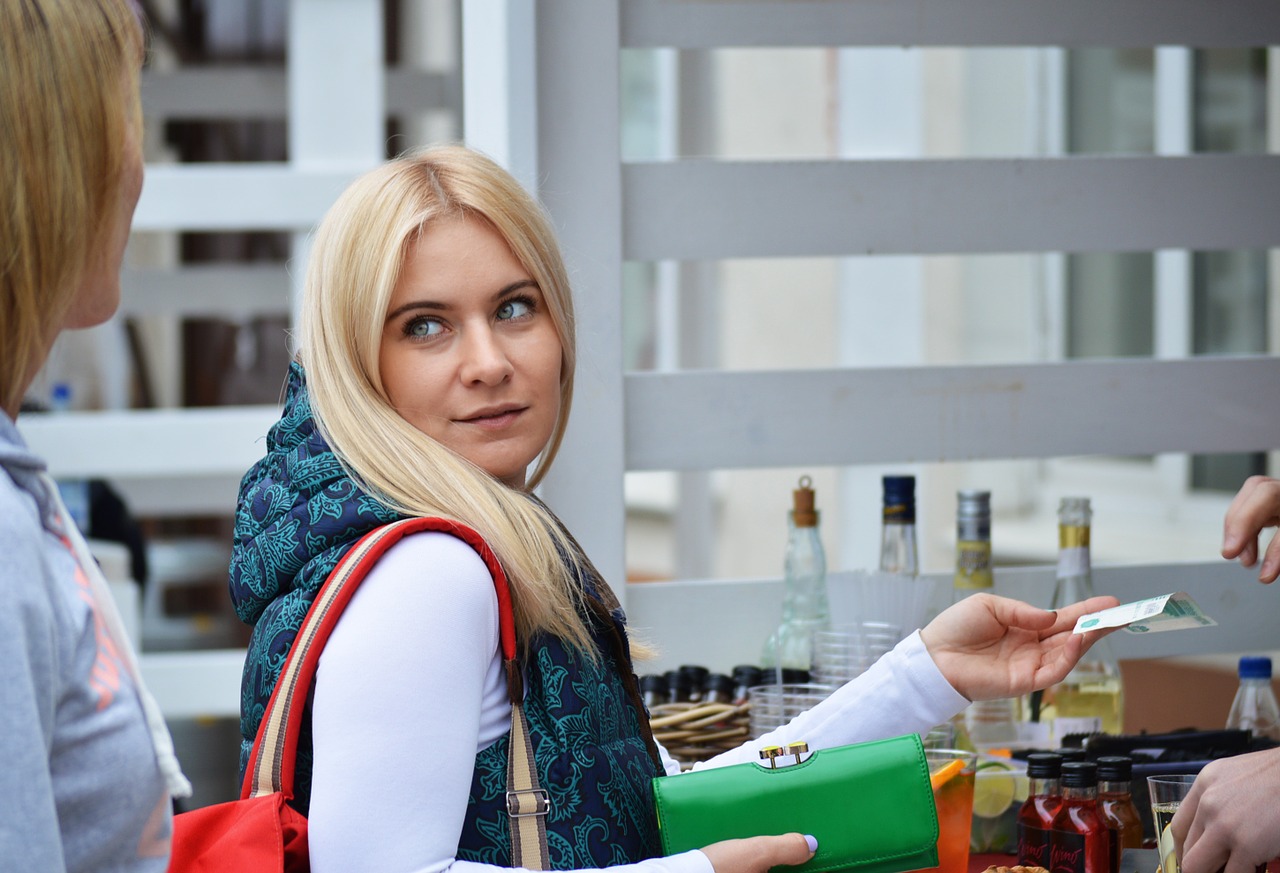By Nina Chatzistergiou,
Consumerism, a social phenomenon that characterizes the tendency of people to acquire as many goods as possible. Unfortunately, for several years now, people have forgotten what it is like to be content with less. And if our real needs can be met with very few products, our desires have been trained not to stop there. Yes! It is true that overconsumption dominates today, on days when everything around us discourages us and tomorrow seems scary. And as we look for a way out of this insecurity and liquidity of the time, we end up chasing the acquisition of more and more goods, essentially seeking a breath of pleasure and joy.
A term familiar to all of us is that of “shopping therapy”. A phrase that states that the consumption of various types of material goods is a type of psychotherapy for everyone, regardless of gender and age. It is a “medicine”, able to help us escape from negative thoughts, perhaps a bad day, sadness, and stress. It sounds nice and we all have more or less tried it. As if this phrase contains a truth! Is there a person who did not feel a sense of rejuvenation, pleasure, and satisfaction after buying new goods? Let us face it, no! We are all materialists to some degree -some less, some others more. And we believe that we get a dose of happiness when we buy things.
We “believe” that through consumption, we will be able to elevate our lost self-confidence or overcome the sadness we experience. And this belief is nothing more than a distorted belief, a deception that we place on ourselves. A pleasure that as a bubble does not take long to break, throwing us into a vicious circle and an endless battle to look again and again for another new market, another new “happiness”. And somehow, a feeling is born unsatisfied, a feeling that comes as a tide to inflate your melancholy, leaving us once again in search of happiness, joy, and your good mood.

Will we really be able to do something different in our lives once we acquire new -and perhaps- useless things? Is it that we are not satisfied emotionally? After all, giving so much value to the stuff we buy often leads us to leave aside our real needs -ourselves, and the people next to us. With absolute certainty, the argument is that when consumerism becomes an end in itself, happiness becomes a utopia. And when the measure disappears, misery weighs.
Something that is expensive or beautiful does not necessarily mean that it will improve our quality of life. And the consumer mania never stops, just as the difficulties of life never stop. But, is there a life without difficulties? No, there is not. And it does not exist, because it is precisely these crises, these difficulties, and these moments of pain that lead you to appreciate happiness. They lead you to look for what fills your soul, what offers color to your day, what it is that can make you feel safe, what highlights the fantastic and strong side of yourself.
The truth is that happiness is often a way of thinking. It is love, it is the people who are by your side, and most importantly, none of them can be bought.




